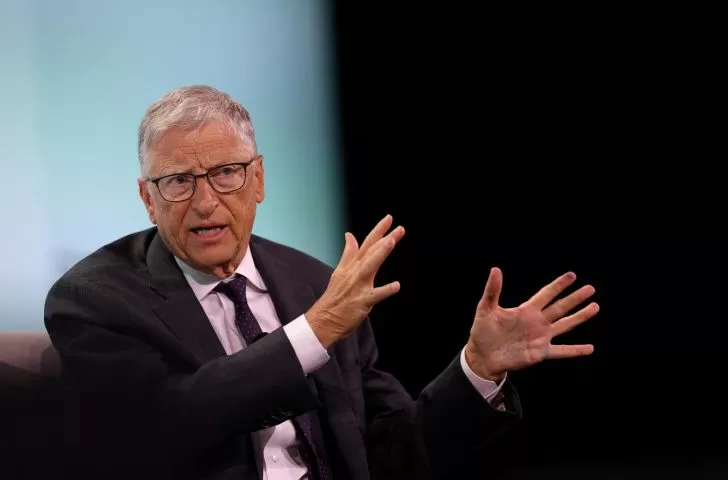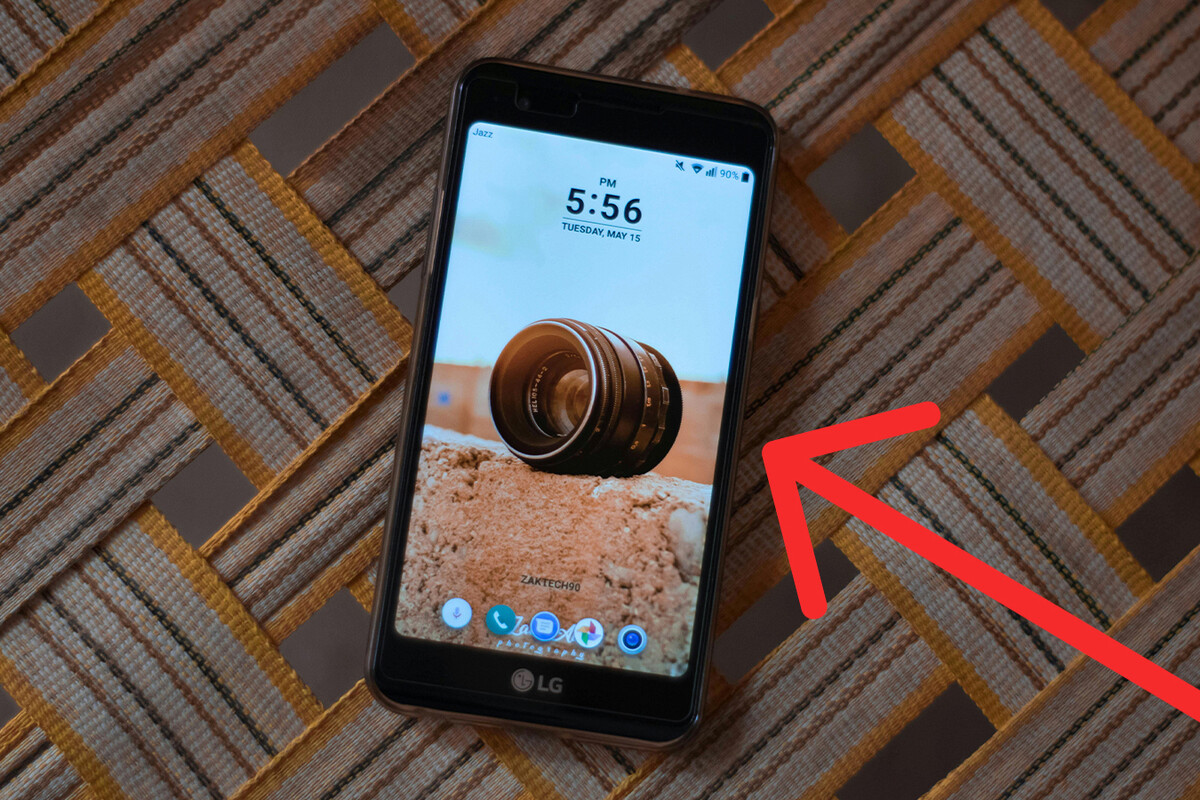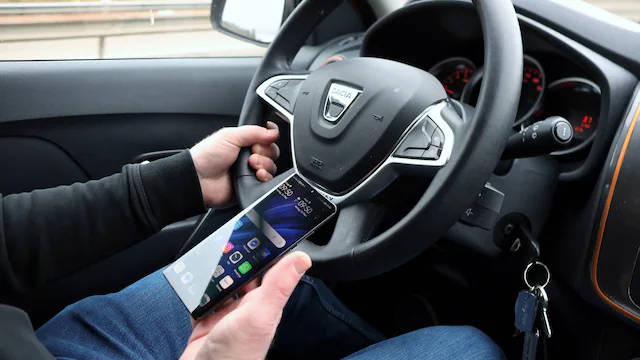The businessman made clear the impact of cell phone exposure at an early age. Read more.
Bill Gates, one of the world’s most influential people in technology, has questioned the impact of excessive use of smartphones at an early age, such as childhood and adolescence.

Thetycoon calls for a rethinking of the limitations and conditions under which these devices should be part of a child’s development, so that these innovations do not jeopardize future generations.
What worries Bill Gates about cell phones?
The Microsoft co-founder suggests that the frequent use of cell phones by minors can lead to overuse, which has a direct negative impact on creativity and critical thinking.
These skills, which can have a positive impact on humanity, are mainly developed in moments of leisure and boredom , in spaces where today the use of mobile applications is gaining momentum. This habit of being constantly in front of digital screens can impair concentration and learning skills that are essential for people to be productive in professional and educational environments.
“I had a playful childhood. Now it’ s much more common to have a childhood with a phone,” Gates explained. The report also states that early access to smartphones and social media can lead to an increase in mental and physical disorders, decreased sleep, reading and personal communication, as well as a loss of independence and time spent outdoors among young people.
What replacement for cell phones does Bill Gates suggest?

“Without the ability to concentrate intensely and follow an idea wherever it leads, the world may miss the breakthroughs that occur when you direct your mind to something and hold it,” the tycoon wrote.
To reverse this trend and address this increasingly troubling problem, Bill Gates has proposed a number of measures. Among them is stricter age verification when signing up for social networks, which would allow for greater access to mobile applications for seniors.
The businessman also emphasized the importance of creating screen-free spaces, such as playgrounds or mobile-free zones in schools, so that children and young people can communicate face-to-face without digital devices.
However, he recognizes that this is a challenge because “achieving this goal will not depend on individual families making better decisions; it requires coordination between parents, schools, technology companies and policy makers,” he said.

































